A recent webinar hosted by IPCEI Hy2Use Knowledge Sharing Consortium brought together industry experts to explore the certification landscape for Renewable Fuels of Non-Biological Origin (RFNBOs) and hydrogen. The event featured expert presentations and a panel discussion focused on regulatory frameworks, practical implementation, and opportunities in these emerging markets.
The event was hosted by Jenni Borg, P2X Solutions. Ina Jung from ISCC presented the sustainability certification system for RFNBO Certification. Maryna Hritsyshyna discussed Guarantees of Origin and Proofs of Sustainability, focusing on the differences and interactions between Guarantees of Origin (GOs) and Proofs of Sustainability (PoS) in the hydrogen supply chain. Flore de Durfort from Atmen covered Operationalizing RFNBO Certification: What Works, What Doesn’t, addressing the practical challenges and solutions in implementing RFNBO certification, including the role of technology in ensuring compliance.
Certification systems in focus
The session began with an introduction to the International Sustainability and Carbon Certification (ISCC) system, which plays a central role in ensuring sustainability, traceability, and compliance for RFNBOs. Certified products benefit from better market access, eligibility for subsidies, and price premiums.
In hydrogen certification, the differences between Guarantees of Origin (GOs) and Proofs of Sustainability (PoS) were discussed. PoS demonstrate the sustainability of the product, while GOs indicate the renewability of the product. Both are mandated by law. Coordination between these systems is essential to avoid double counting and ensure full traceability.
Practical challenges and the role of technology
The webinar highlighted several practical challenges in implementing certification schemes. These include aligning certification requirements with operational practices, handling complex data, and ensuring verifiable claims. Technological solutions, such as digital tracking and real-time compliance monitoring, were identified as key enablers.
Towards collaboration and continuous improvement
Speakers underlined the importance of enhanced cooperation between certification bodies, industry actors, and regulators. Streamlining processes, updating certification schemes in line with policy developments, and engaging stakeholders through training are all critical for building a robust certification framework.
The webinar concluded with a shared message: certification is not just a compliance task—it is a strategic tool for supporting the growth, transparency, and sustainability of RFNBO and hydrogen markets.
Presentations
Ina Jung – ISCC for RFNBOs Certification Opportunities
Maryna Hritsyshyna – Hydrogen Certification Guarantees of Origin or Proofs of Sustainability
Flore de Durfort – RFNBO Certification What works, what doesnt
CLIC facilitates IPCEI Hy2Use Knowledge Sharing Consortium working groups.


